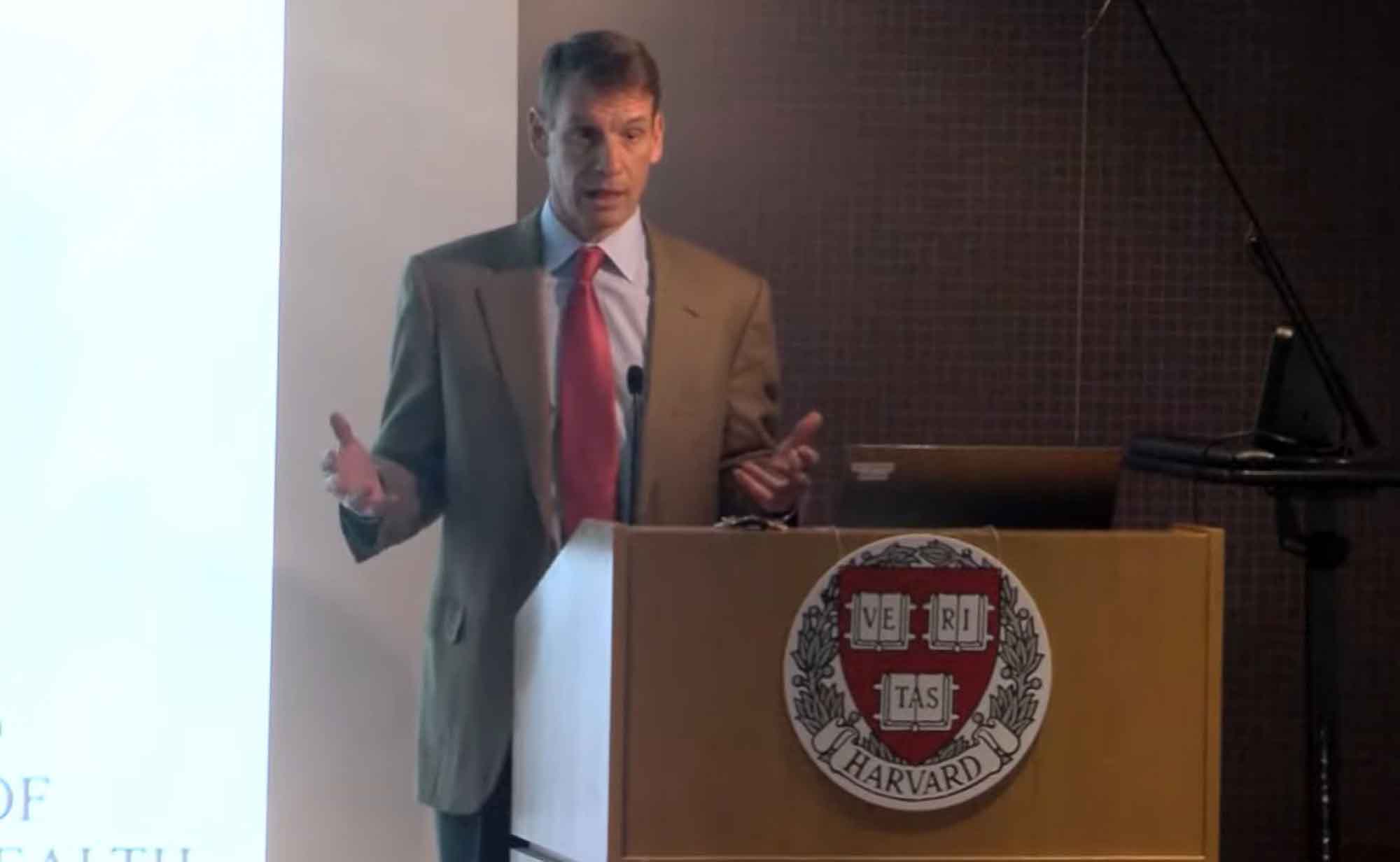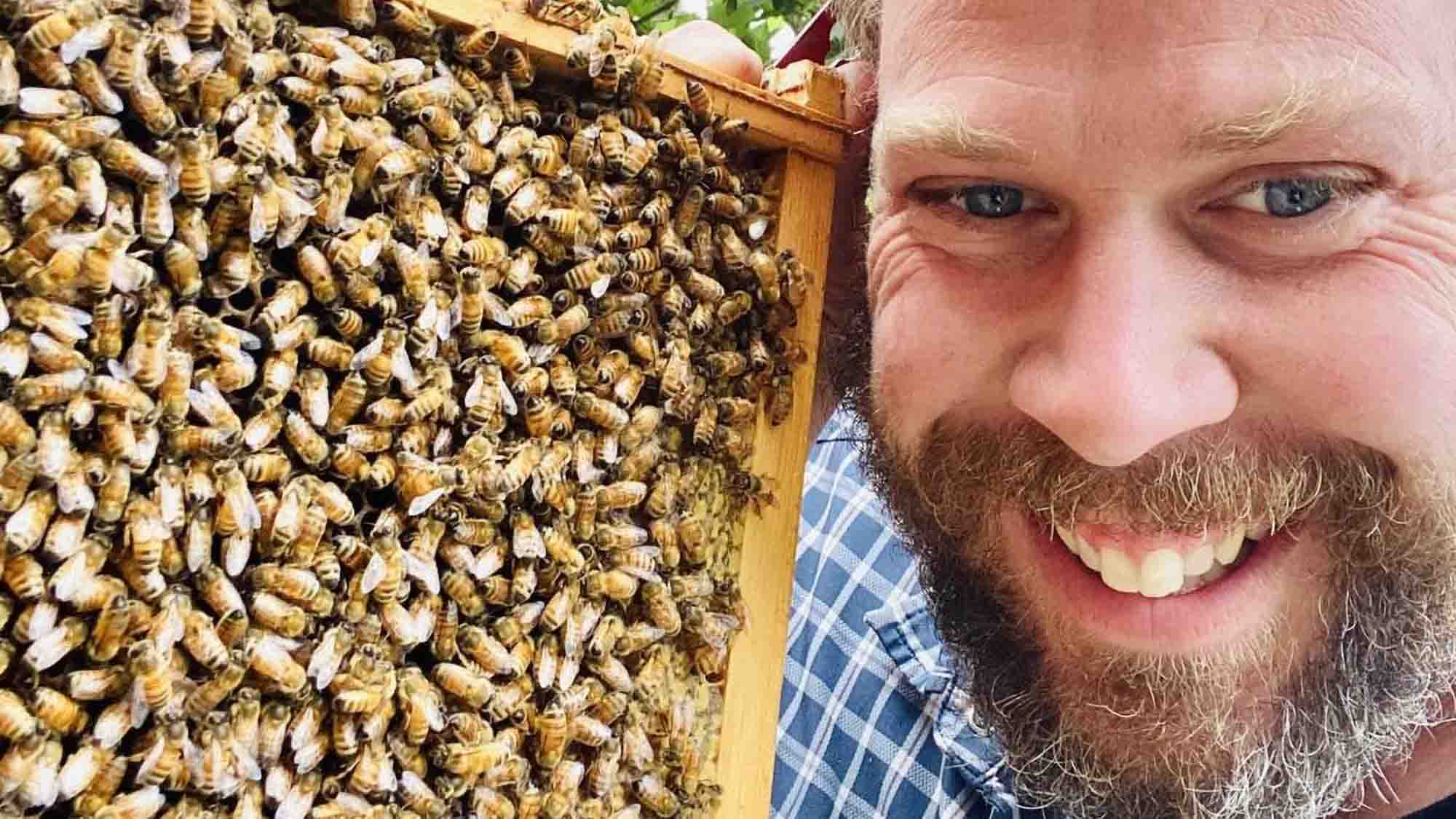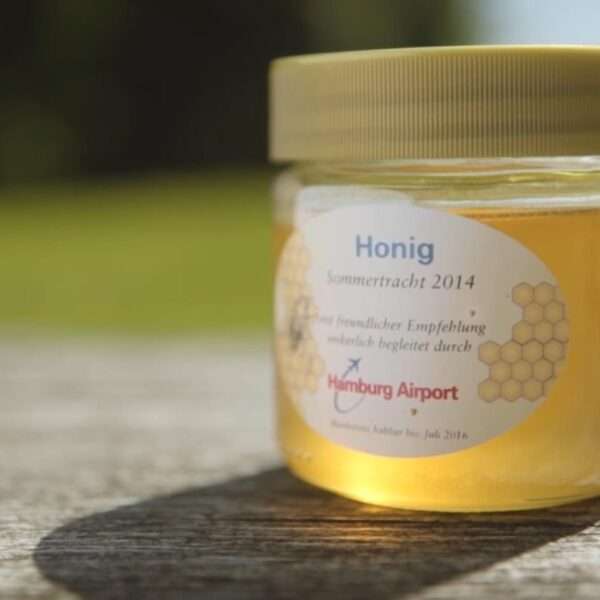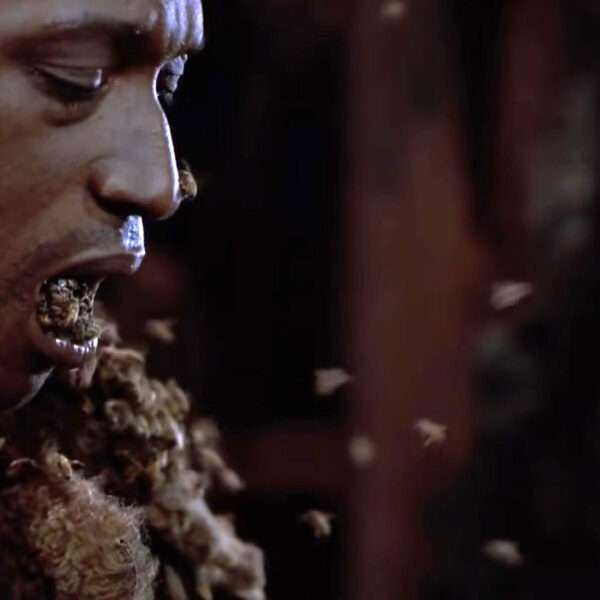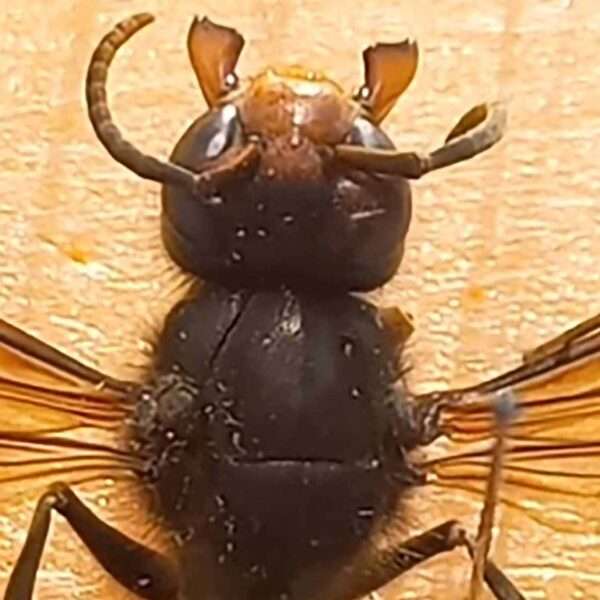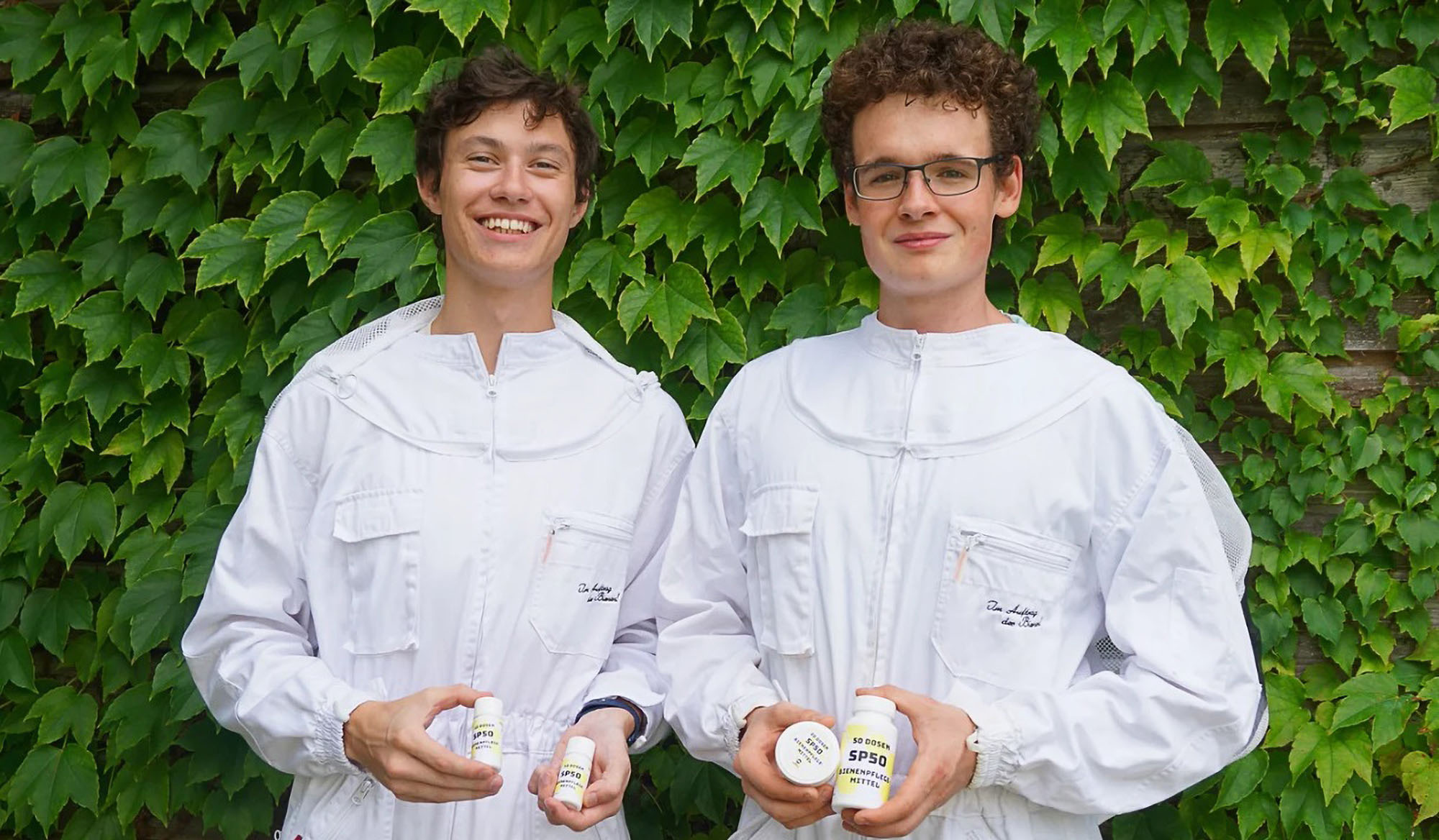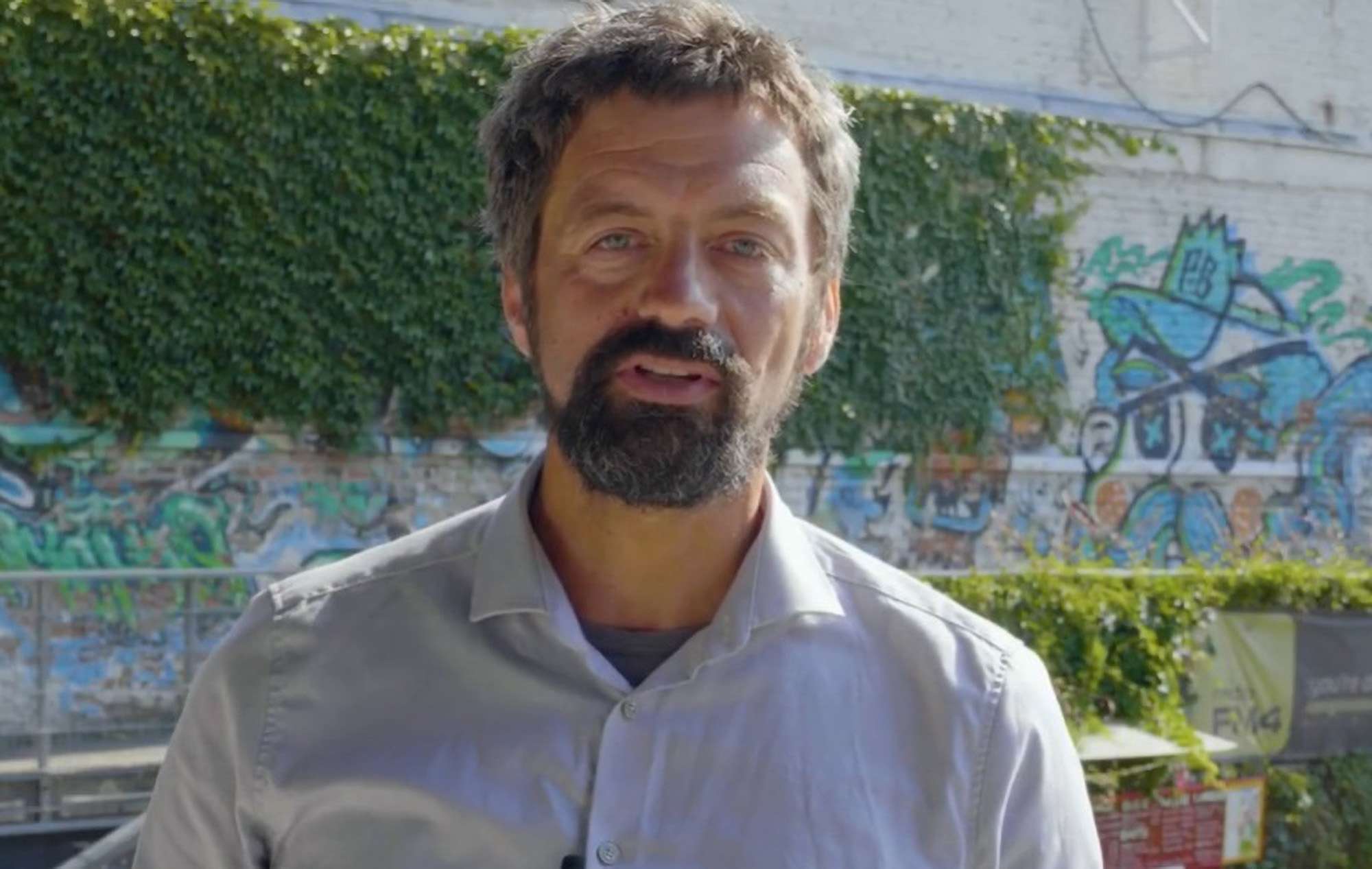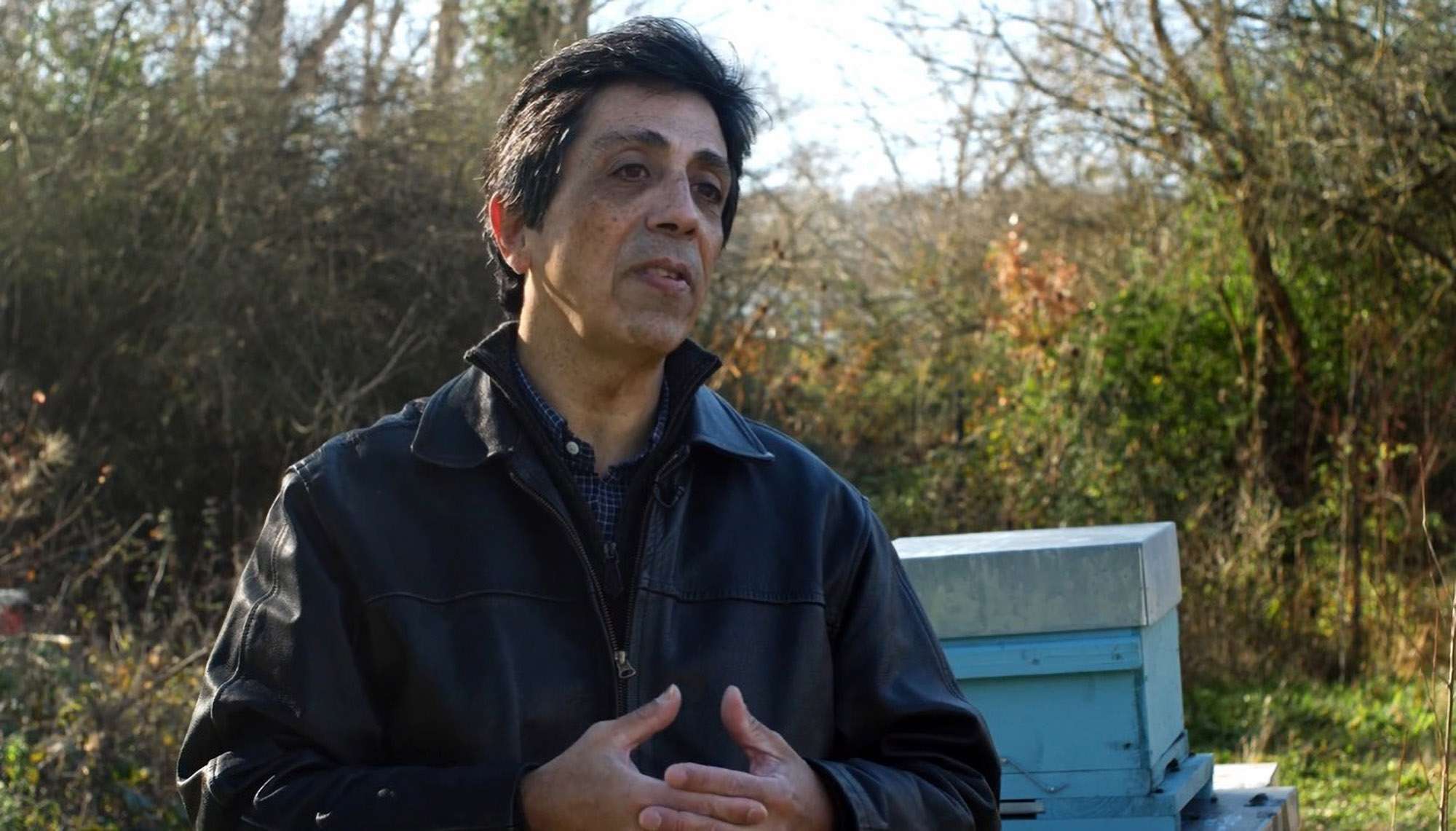Insufficient pollination has been linked to more than 400,000 annual excess deaths by scientists at a renowned university in the United States.
Researchers at the Harvard T.H. Chan School of Public Health in Massachusetts say that inadequate activity of pollinators such as bees lowers the annual production of fruit and vegetables by three to five per cent.
According to their study, there are an estimated 427,000 excess deaths in the world each year caused by a lack of healthy food.
The research – which has been published in the scientific magazine Environmental Health Perspectives – identifies heart issues, diabetes and strokes as the most common associated diseases.
The existence of numerous insect species is considered at risk due to shrinking habitats, climate change and the refusal of many agricultural companies to abandon controversial chemical substances.
Harvard called the scientific investigation “the first study to quantify the human health toll of insufficient wild (animal) pollinators on human health.”
Dr Samuel Myers is a principal research scientist at Havard’s department of environmental health and the senior author of the study.

Dr Myers said: “A critical missing piece in the biodiversity discussion has been a lack of direct linkages to human health. This research establishes that loss of pollinators is already impacting health on a scale with other global health risk factors, such as prostate cancer or substance use disorders.”
The researchers used a model framework which included empirical evidence from a network of hundreds of experimental farms in Europe, Asia, Africa and Latin America.
Their concept concentrated on yield gaps for the most important pollinator-dependent crops to determine how much harvest loss was due to insufficient pollination.
They then used a global risk-disease model to estimate the health impacts the changes in pollination could have on dietary risks and mortality by country.
The scientists also calculated the loss of economic value from insufficient pollination in three case study countries.
They found that lost food production was concentrated in lower-income countries while the health burden was greater in countries with a greater group of middle-income households and wealthy residents. This has been linked to these regions’ higher rates of non-communicable diseases.
Havard announced: “The geographic distribution was somewhat unusual in that generally the health effects from global environmental change are centred among the poorest populations in regions such as South Asia and Sub-Saharan Africa.
“Here, middle-income countries with large populations – China, India, Indonesia, and Russia – suffered the greatest burden.”
According to the team of researchers, the investigation also shows that lower-income countries suffered significant income losses from agricultural activities due to lower yields and insufficient pollination. The reduction ranges between 10 and 30 per cent of these countries’ total agricultural value, they added.
Timothy Sulser is an agricultural economist at the International Food Policy Research Institute (IFPRI) in Washington, D.C. and one of the Havard study’s eight co-authors.
Timothy said: “The results might seem surprising, but they reflect the complex dynamics of factors behind food systems and human populations around the world. Only with this type of interdisciplinary modelling can we get a better fix on the magnitude and impact of the problem.”
Lead author Prof Matthew Smith – who researches at Harvard Medical School and at the Massachusetts General Hospital – added: “This study shows that doing too little to help pollinators does not just harm nature, but human health as well.”
Installing wooden nesting aids, mowing lawns less often and stopping the application of harmful pesticides are just three possible ways to protect insects and improve local biodiversity, according to entomologists.
The United States Department of Agriculture (USDA) points out that pollinators “play a key role in healthy agricultural landscapes” by “helping private landowners increase and improve the quality of their crop yields.”
German neurologist and zoologist Prof Dr Randolf Menzel from the Free University of Berlin recently warned: “Insecticides have an immense impact on the neuronal perception of honeybees. Their intelligence is endangered, of course. They might stop to learn, navigate and communicate.”

